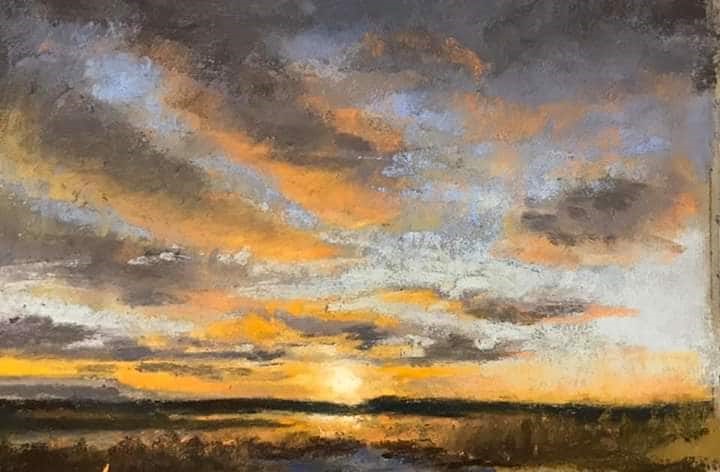LOCKDOWNS in major cities scattered in regions of contagion around the globe have all of sudden given us a rare sense of being in a time warp like no other. Insulated, isolated and unable to venture out into the open, many of us have had a glimpse of what Anne Frank must have felt hidden in an Amsterdam attic during the Nazi occupation.
Trusting One Another
And, here is the irony of our current situation: though many of us are quarantined in our homes and feel somewhat helpless, we are in this together, and our redemption lies in our capacity to demonstrate solidarity. This moment demands that we play our specific roles as we strive to struggle against a menace that threatens mostly our elderly and increasingly those in the frontline of fire who take risks in the service of others.
We live in the midst of uncertainty, and it is so easy to become discouraged and despair. What keeps us grounded is our belief that medical science and the health practitioners will in the end find a way out of this difficult situation. But, as we are finding out they too are besieged and cannot do it alone. We all have a part to play.
In the meantime, we must learn to trust one another. We now have an uncanny ability to communicate with one another, to get “in touch” and to stand together precisely because we have access to the social and technical tools that can help us deepen our trust in one another – if we care to and work at it for in the end we can only rely on one another.
In the meantime, we must encourage one and all to both be brave and be kind, to think of the other and find ways we can bridge the physical distance by our capacity to care and reach out by all kinds of means, real and virtual, shown perhaps in unheralded small acts of kindness.
Striving to Shape the Future
And, at the end of the day, if we are to survive largely unscathed, we cannot afford to lose hope. Hope is the belief that a new day is possible because we strive to make it happen. Hope believes that together we can build a future that is newer and better, one that will avoid the pitfalls of a past that has been largely unjust and unequal imposing cruel conditions on the shoulders of the more vulnerable.
But, precisely because of our shared struggle against a treacherous enemy that is both unseen and uncommon, life will never be the same again. We have stared death in the face, and now our deepest yearning is that we may truly realize the things that truly matter.
Some four decades ago, in the Latin American country of Colombia, I was tasked to lead an Amnesty International mission to explore how to address the mounting human rights violations in a period where a nearly-perpetual state of siege had been imposed by a strict security statute. We visited numerous jails, and talked with countless political prisoners and alleged victims of torture and arbitrary arrests.
In a cold and damp cell in Popayan in the Cauca Valley region of one of the country’s southernmost provinces, I met an indigenous leader who carried fresh bullet wounds in his flesh. In the midst of his suffering, he was brave and defiant, and when I asked him if his struggle retained its meaning even while he suffered stoically in his cell, he uttered the phrase that has remained with me till this day: “Aun amanece en la noche mas oscura!” (Dawn comes even after darkest night.)
While we witness a world in seeming meltdown, and feel saddened as we see the numbers of those contaminated with the Corona virus mount and the number of deaths figure in the thousands, it is this defiant hope that we can least afford to surrender. We cannot be in short supply of hope in a time of pandemic. In the end, it is this brand of hope that is our surest lifeline!
